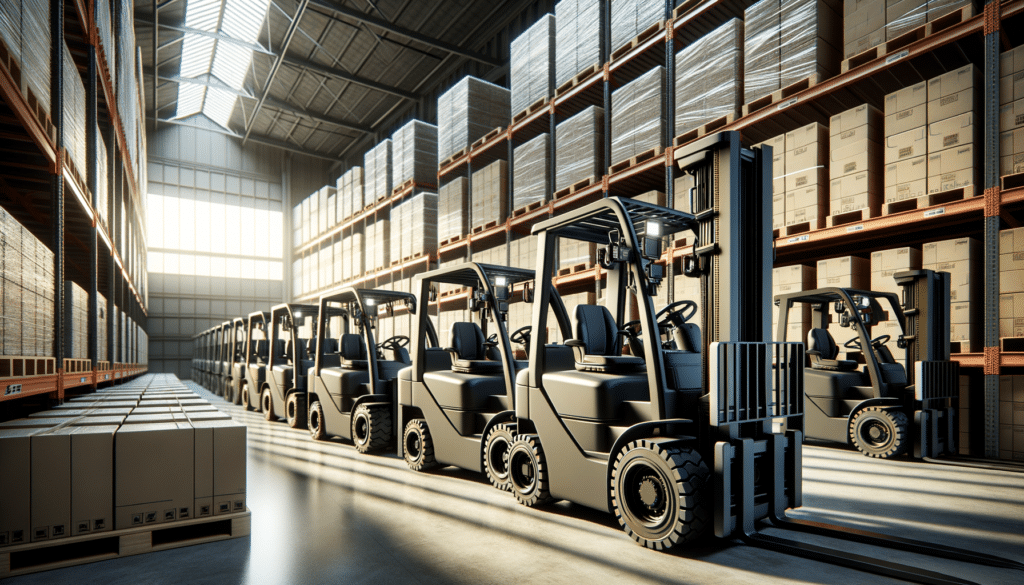Understanding the Demand for Forklift Operators
The demand for forklift operators is steadily rising, driven by the growth in logistics, warehousing, and manufacturing sectors. These industries are the backbone of the global economy, ensuring that goods are transported efficiently from one place to another. Forklift operators play a crucial role in this supply chain, handling materials safely and efficiently. This demand is particularly high in regions with significant industrial activity and ports, where the movement of goods is constant.
Several factors contribute to this increasing demand:
- Expansion of E-commerce: With the surge in online shopping, warehouses need more skilled operators to handle the increased volume of goods.
- Infrastructure Development: As new warehouses and distribution centers are built, the need for forklift operators grows.
- Technological Advancements: Modern forklifts equipped with advanced technology require skilled operators to maximize their potential.
According to industry reports, the sector is expected to continue growing, offering stable employment opportunities. The Bureau of Labor Statistics projects a steady increase in the number of forklift operator jobs, highlighting the importance of this role in the economy.
Skills and Qualifications for Forklift Jobs
To thrive as a forklift operator, certain skills and qualifications are essential. Employers seek candidates who not only have the technical ability to operate machinery but also possess a keen sense of safety and efficiency.
Key skills and qualifications include:
- Certification: Most employers require operators to have a valid forklift certification, which demonstrates knowledge of safe operating procedures.
- Attention to Detail: Operators must be vigilant to avoid accidents and ensure the safe handling of materials.
- Physical Fitness: The job often requires physical stamina, as operators may need to lift heavy objects or work long hours.
- Technical Skills: Familiarity with different types of forklifts and the ability to perform basic maintenance checks are advantageous.
In addition to these skills, employers value soft skills such as communication, teamwork, and problem-solving abilities. These skills help operators coordinate effectively with other team members and adapt to dynamic work environments.
Exploring Career Growth and Opportunities
Forklift jobs offer more than just a stable income; they provide pathways for career advancement and personal growth. With experience, operators can move into supervisory or managerial roles, overseeing teams and ensuring that operations run smoothly.
Career progression in this field can lead to:
- Supervisory Positions: Experienced operators can become team leaders or supervisors, managing other operators and ensuring compliance with safety standards.
- Specialized Roles: Operators can specialize in handling specific types of materials or operating advanced machinery, increasing their value to employers.
- Training and Development: Some operators choose to become trainers, helping new recruits learn the ropes and ensuring a high standard of safety and efficiency.
The forklift industry is also evolving with technology. Operators who embrace new technologies and continue to upskill can find themselves at the forefront of industry advancements, making them invaluable assets to their employers.
Overall, the forklift job market presents a promising landscape for those willing to invest in their skills and pursue opportunities for growth.




